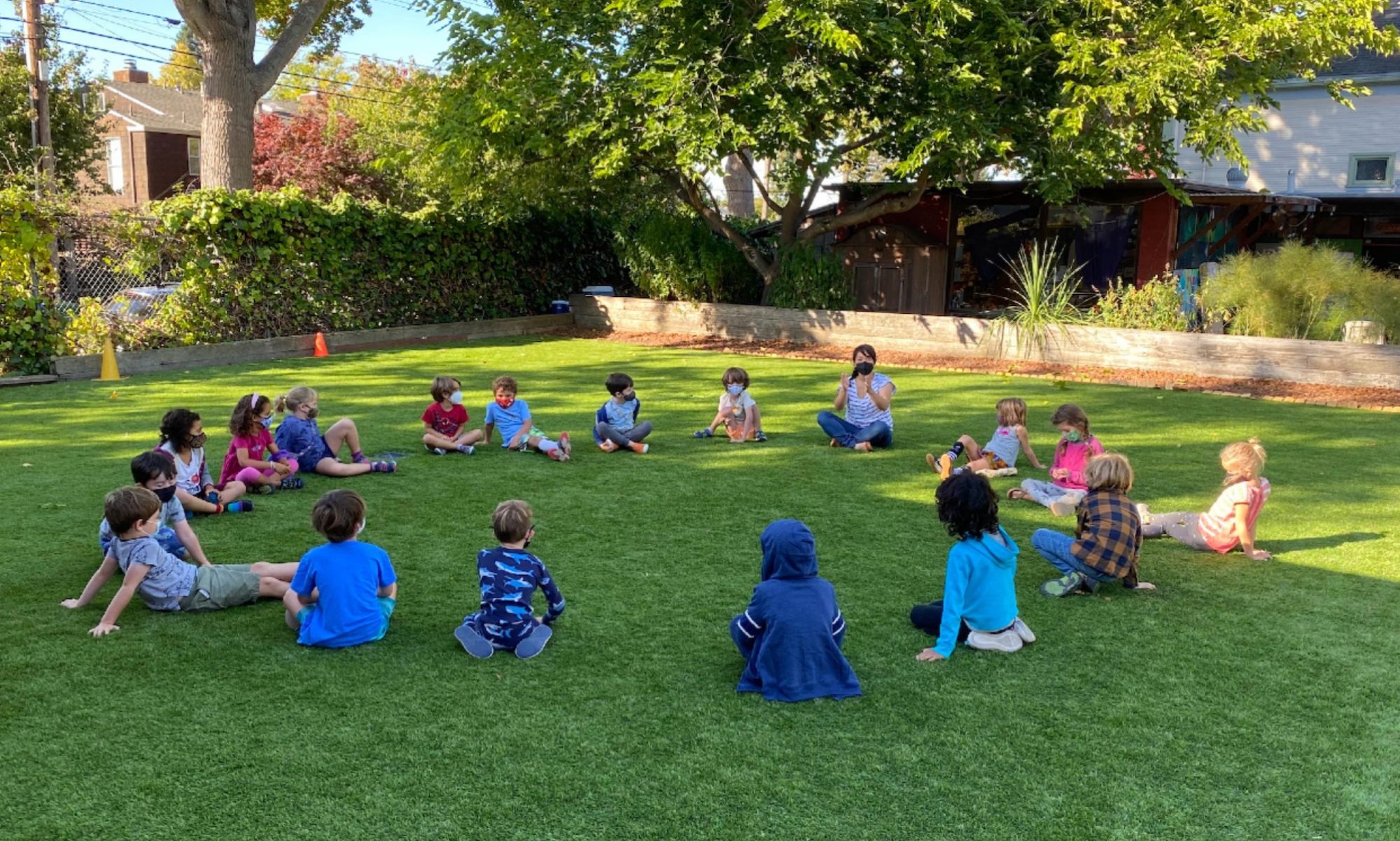Contact
Teachers and Staff
The Collective
Walden Foundation
Mission and Philosophy
History
Hiring
Testimonials
“The educational philosophy of Walden has stood up over the years…an alternative school based on the real experience of children in the arts, in working towards a better environment, towards peace, and towards strong personal relationships with their teachers and each other.”
– Founder Lee McRae, Currents, 1996
Mission
Walden Center & School is an independent, K-6 school where drama, music, and art sit alongside traditional academic subjects as our core curriculum. Walden’s philosophy of education incorporates the following principles:
Integrating Arts and Academics
Artistic expression is an essential element of every child’s education.
Engaging the Whole Child
Children learn best when their academic, emotional, physical, and social needs are addressed concurrently.
Seeing Children as Individuals
In designing and implementing curricula, we take an individualized approach in order to meet each child where he or she is developmentally.
Teaching as a Collective
The teachers run the school, which provides them with autonomy and flexibility in the classroom and direct participation in school-wide decision making.
Our approach to learning encourages creativity, collaboration, and critical thinking as means to help children develop a lifelong love of learning, a strong sense of community, and a powerful sense of self. Walden’s graduates are self-directed and have a joyful confidence that allows these young people to contribute positively to the world around them.
Philosophy of Teaching
Walden students actively participate in their own learning: they look, listen, touch, and create. They move, measure and build. They ask questions, formulate answers and ultimately, construct their own understanding of the world in which they live.
Art, music, drama and movement are integral to this process. Through the arts, students develop higher order thinking skills, enabling them to think in multiple modes, to understand abstract concepts, to solve complex problems creatively and to see the world from a variety of perspectives. To this end, Walden students are engaged in the arts every single day.
At Walden, we teach children that they have agency and are already capable of doing great things. In honor of our pacifist founders, we teach peace as a tool of social transformation. We teach our students the hard truths about history and injustice, both past and current, yet we continually affirm that change and growth are constants. We emphasize that young people in particular have a vital role to play in making a different world, in the present as well as the future.
At the same time, we pay special attention to the social and emotional needs of our students. Since no subject matter can be divorced from the social or emotional responses that we bring to it, we believe that expressing our emotions, talking about them and using them as tools to examine ourselves and others is a key part of learning.
At Walden, class sizes are small – enabling us to provide personalized instruction in an environment that encourages exploration, risk-taking and authentic self-expression. Our mixed-age classes also bring a sense of community to Walden, as we teach kids that they too can be teachers, and that inspired teachers are always learning.
Together with parents, we are a community of learners; we make mistakes together, we grow together, we celebrate our differences and make connections where others may not see them. We believe strongly that Walden graduates will grow up to be knowledgeable, skilled and capable thinkers – but perhaps more importantly, we believe that our graduates will grow up to be the heroes of our future: the expressive, thoughtful, creative problem-solvers and change-makers that our world needs.
Philosophy of Community
Walden began as a small community of parents and children creating a unique learning environment. The founders of Walden saw it as a center for cultural, educational, and political change because of the organic relationship and interdependence of all members of the community: children, teachers, and parents.
A diverse community continues to be a cornerstone of a Walden education. Children see their parents involved in their school and know that their education is important. They watch the adults at Walden interact and learn how to be members of a community. Walden’s small size creates opportunities for teachers, parents, and children to get to know each other, have fun together, and support each other.
Parents’ and families’ participation is also important because we depend on our parents’ work commitment hours, their committee work, and their volunteerism in support of our many community events. The enormous generosity of our families, their families, and our alumni helps us keep Walden’s unique vision alive.
Walden was founded as and continues to be a Center of learning and creative expression. Monthly assemblies, performances, local fairs, festivals, and seasonal celebrations bring children, teachers, parents, alumni, their families, and the greater community together, and keep our connections strong.
The founders created a school that depends upon informed, enlightened discussion amongst children, parents, teachers, and founders. This tradition of dialogue continues during daily classroom meetings, conferences, staff and Foundation meetings, and after school on the sidewalks in front of our classrooms.”
-Polly Mayer, former Walden teacher, Reflections 1996
Philosophy of Governance
Walden’s founders were pacifist anarchists. As such, they believed strongly in decentralized organizational structures and the importance of creating an environment where every voice could be heard and listened to. Their goal was a governance structure that modeled positive and peaceful decision-making and conflict resolution for children and the entire community.
That legacy lives on in Walden’s collective structure and the role of consensus in policy and decision-making, as well as in Walden’s educational philosophy. Teachers work collectively to oversee the day-to-day running of the school and use a consensus model to reach decisions. Not only does this allow for every voice to be heard, it ensures that multiple viewpoints can be considered.
Walden’s board of trustees is the Walden Foundation, composed of Walden staff, current and former parents, and alumni. Like the Collective, the Foundation follows a consensus decision-making model. The Foundation is responsible for the fiscal health of the school, safety, and Walden’s philosophical underpinnings. The Collective and the Foundation work side by side in a nonhierarchical structure.

